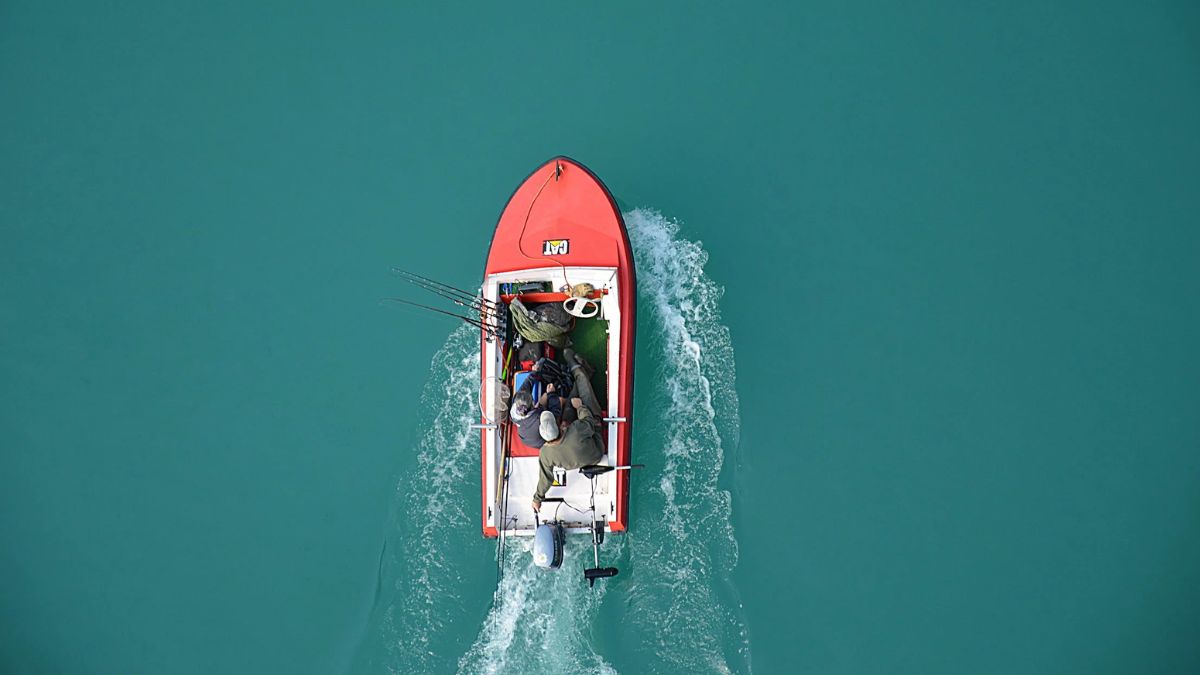For many, fishing conjures images of tranquil mornings on calm lakes, casting a line in pursuit of a prized catch. While recreational fishing offers undeniable solace and enjoyment, the world of fishing encompasses a vast array of exciting career paths. From navigating vast oceans on commercial vessels to nurturing delicate ecosystems in hatcheries, a career in fishing can be as dynamic and multifaceted as the water itself.
Beyond the Rod and Reel: A Spectrum of Opportunities
While commercial fishing remains a core aspect of the industry, career options extend far beyond casting nets and hauling in catches. Here’s a glimpse into the diverse roles shaping the future of fisheries:
On the Seas
Deckhand: The entry point for many, deckhands are responsible for the vessel’s daily operations, from managing fishing gear to maintaining its cleanliness. Physical fitness, teamwork, and adaptability are key.
Mate and Skipper: As experience and qualifications grow, deckhands can progress to leadership roles. Mates assist the skipper with navigation, crew management, and fishing operations. Skippers hold ultimate responsibility for the vessel, crew, and catch.
Fisheries Technician: Collecting data, monitoring stocks, and ensuring compliance with regulations are crucial duties of fisheries technicians. They play a vital role in sustainable fishing practices.

Beyond the Vessel
Aquaculture Technician: Working in hatcheries or farms, aquaculture technicians raise fish and shellfish in controlled environments. Their expertise contributes to food security and sustainable aquaculture practices.
Aquaculturist: Overseeing entire aquaculture operations, aquaculturists manage broodstock, breeding programs, and ensure optimal growth conditions. They require advanced knowledge of aquatic biology and aquaculture systems.
Marine Biologist: Studying marine ecosystems and the impact of human activities on fish populations is the domain of marine biologists. Their research informs fisheries management and conservation efforts.
Fisheries Manager: Balancing ecological sustainability with economic viability is the challenge tackled by fisheries managers. They develop regulations, allocate fishing quotas, and work with stakeholders to ensure healthy fish stocks.
Skills and Qualities for a Successful Catch
While specific requirements vary depending on the chosen path, some key qualities can help you navigate the waters of a fisheries career:
Physical Stamina: Many roles involve demanding physical work, especially on fishing vessels.
Problem-Solving and Adaptability: The ever-changing environment and dynamic nature of the industry require quick thinking and resourcefulness.
Teamwork and Communication: Collaboration is essential, whether on a vessel or in research teams.
Scientific Curiosity and Technical Skills: Understanding aquatic biology, regulations, and relevant technologies is often crucial.
Passion for the Environment: A commitment to sustainable practices and preserving healthy marine ecosystems is vital.

Charting Your Course: Education and Training
Formal education and training pave the way for success in most fisheries careers. Options include:
Vocational programs: Many community colleges and technical schools offer programs focused on commercial fishing, aquaculture, or fisheries and wildlife technology.
Bachelor’s and Master’s degrees: Universities offer marine biology, fisheries science, and aquaculture programs, providing deeper scientific understanding and leadership skills.
On-the-job training: Entry-level positions often provide hands-on training and mentorship, allowing you to learn from experienced professionals.
Casting Off for a Rewarding Future
A career in fishing offers adventure, challenge, and the opportunity to contribute to a sustainable food source and healthy marine ecosystems. With dedication, the right skills, and a love for the water, you can cast your net for a fulfilling and dynamic career in this diverse and evolving industry.










